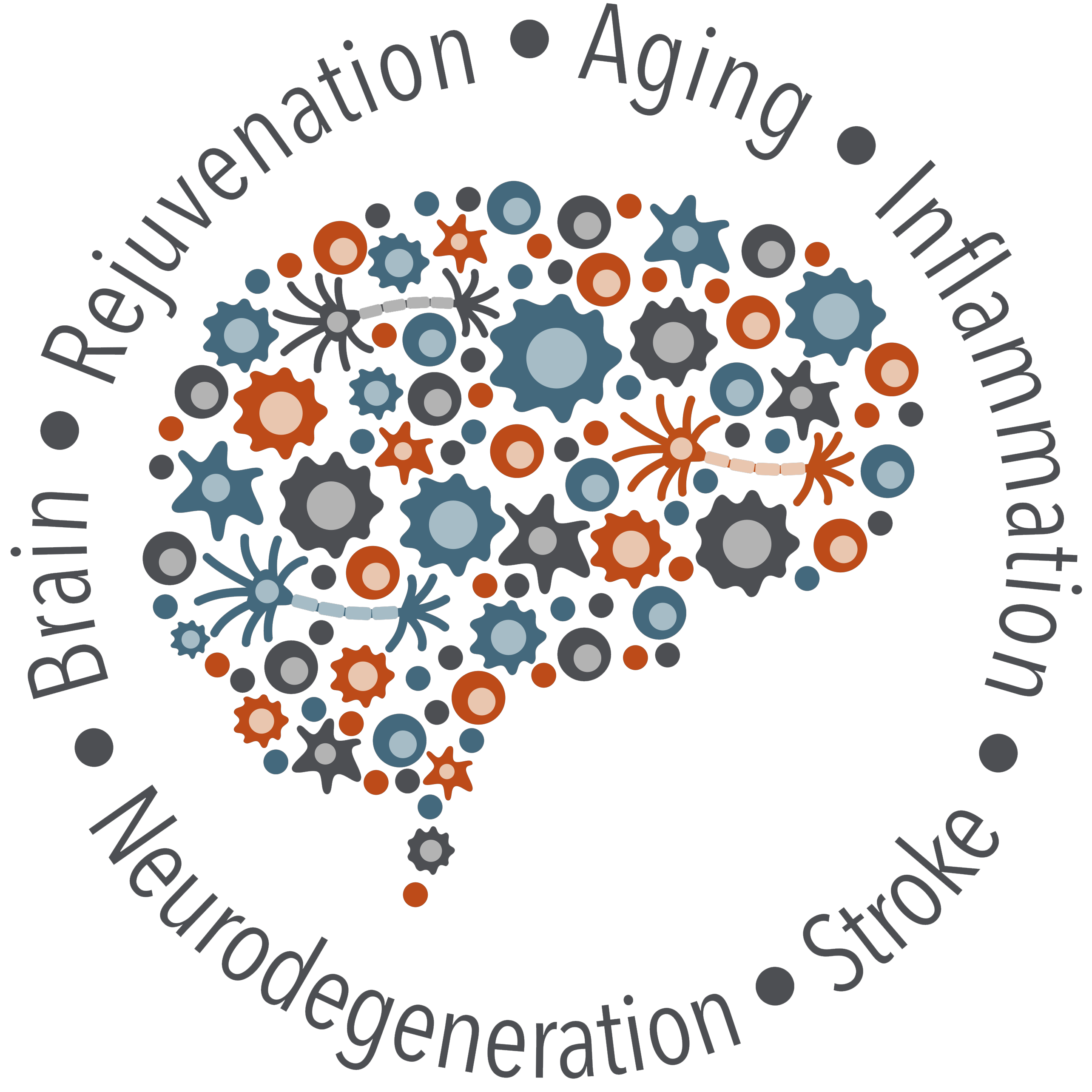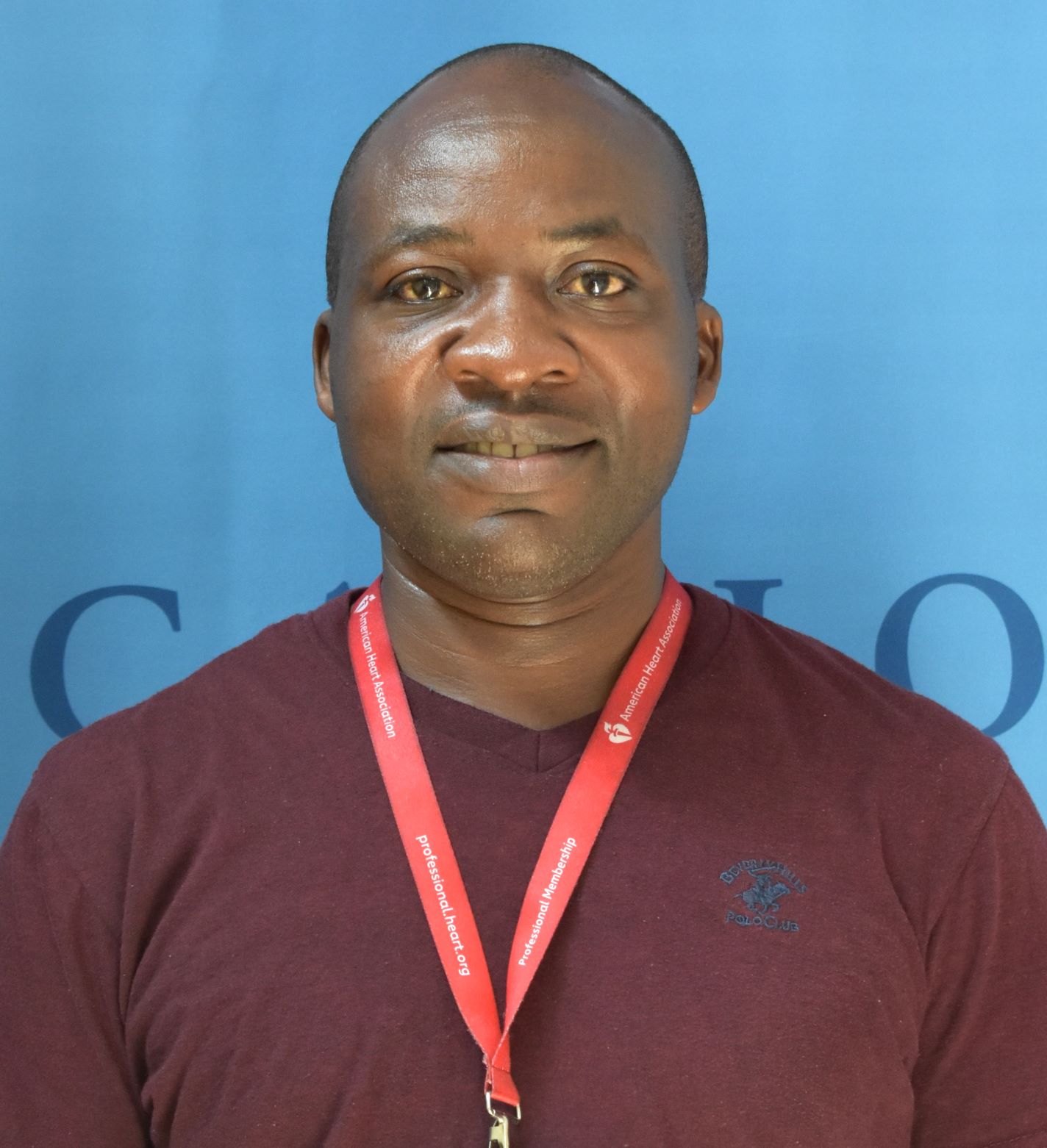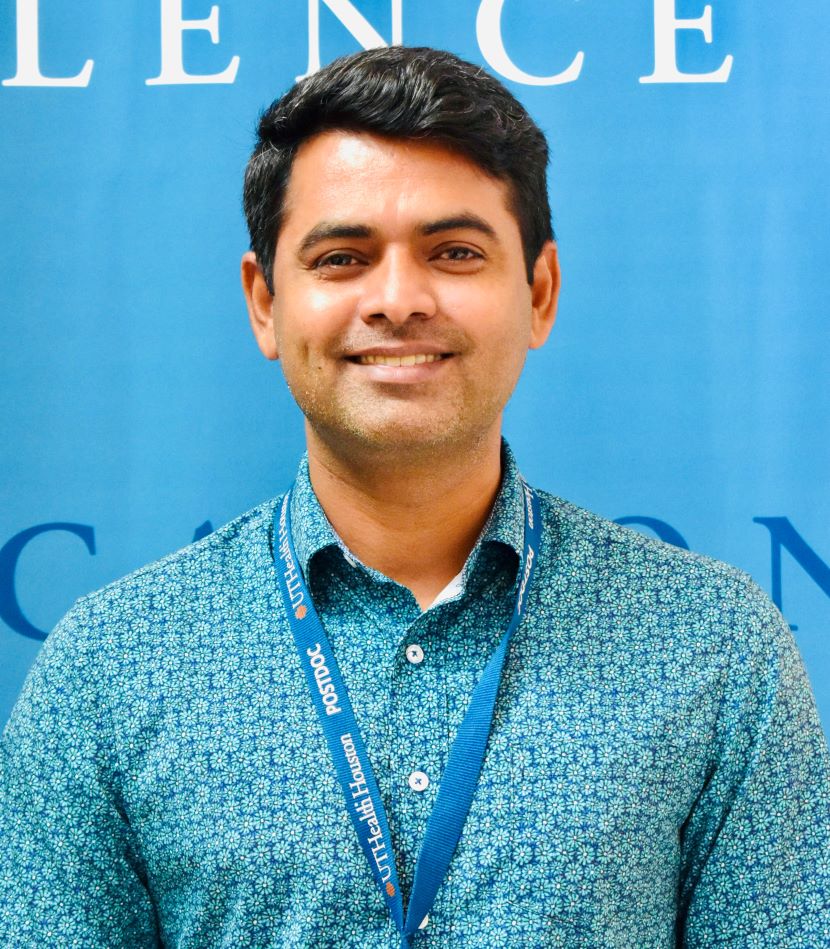Fudong Liu Lab


Fudong Liu, MD – Professor
Director, Translational Stroke Research
Education & Training
MS Neuroscience, Wannan Medical College – Wuhu, China
MD Bengbu Medical College – Bengbu, China
Residency Neurology, Yijishan Hospital – Anhui, China
Areas of Interest
Research interests: neuroinflammation and sex differences in stroke
Experience
Dr. Liu started his postdoctoral training at the University of Connecticut Health Center (UHC) in 2006. Before that he had been a Neurologist in Wannan Medical College Yijishan Hospital (China) for seven years. After 5-year postdoc training Dr. Liu was promoted to Assistant Professor of Neuroscience at UHC in 2012. Dr. Liu joined the Department of Neurology at the University of Texas Health Science Center at Houston McGovern Medical School in 2015 and serves as the Director of Translational Stroke Research. Dr. Liu’s research is funded by NIH, AHA and other intra-/extra-mural foundations. Dr. Liu dedicates himself to research in stroke and other CNS disorders, and to teaching/mentoring students/fellows. Dr. Liu serves as a grant review committee member for NIH/AHA study sections, as an editor for several journals, and frequently chairs symposiums at national/international conferences.
Research
Research interests in Dr. Liu’s lab focus on immune responses to cerebral ischemia and sex differences in CNS disorders. The research in this group spans from neonatal hypoxic-ischemic encephalopathy to ischemic stroke in the aged, throughout the lifespan. We explore molecular/cellular regulatory pathways underlying the neuroinflammation to suppress pro-inflammatory and/or promote anti-inflammatory activation of immune cells, both in the central and in the peripheral. Clinically, many CNS disorders are sexually dimorphic, including nHIE, stroke, Alzheimer’s Disease, and COVID-19. Our research differentiates sex hormonal vs. sex chromosomal effects in these sex dichotomies, explores underlying genetic/epigenetic signaling pathways, and aims to develop sex specific therapeutic strategies to these diseases. Recently we have found several X-linked genes that escape from the X chromosome inactivation are involved in the disease sensitivity; cutting-edge technologies (CUT&RUN, mRNA sequencing, CYTOF, etc.) and animal models (FCG, XY*, etc.) are being used to facilitate these studies.
 Conelius Ngwa, PhD – Instructor, Non-Tenure Research
Conelius Ngwa, PhD – Instructor, Non-Tenure Research
Education and Training
BS Biochemistry, University of Yaoundé 1-Cameroon – Yaounde, Cameroon (2007)
MS Molecular Medicine, Queen’s University Belfast – Belfast, UK (2008)
PhD Biomedical Sciences, Aston University Birmingham – Birmingham, UK (2014)
Areas of Interest
Research interests: Neuroinflammation in stroke and Alzheimer’s Disease.
Clinical interests: Identification of biological targets for therapeutic applications in stroke patients.
Research
My primary project focus on identifying regulatory mechanisms underlying microglia activation in stroke. I am exploring the role of microglia in ischemic stroke and cross talks of microglia, astrocytes, neurons, and other immune cells. My long term goal is to identify cellular/molecular targets of therapeutic relevance to stroke patients.
Hobbies & Interests
Playing soccer, and spending time with family and friends.
 Afzal Misrani, PhD – Postdoctoral Research Fellow
Afzal Misrani, PhD – Postdoctoral Research Fellow
Education and Training
BS Physiology, University of Sindh – Jamshoro, Pakistan (2009)
MPhil Physiology, University of Sindh – Jamshoro, Pakistan (2013)
PhD Physiology (Neuroscience), South China Normal University – Guangzhou, China (2018)
Areas of Interest
Research interests: Mitochondrial dysfunction in sleep loss-induced models and Alzheimer’s Disease, mitochondrial dysfunction and immune exhaustion in stroke, and oxidative stress and gut microbiota in stroke.
Clinical interests: Development of targeted therapeutics for stroke patients.
Research
My previous research focused on identifying mitochondrial, cellular, and molecular changes from sleep deprivation in a mouse model. I have also studied neuroinflammatory signaling and mitochondrial dysfunction in a mouse model for Alzheimer’s. My current research investigates age and sex differences in immune reactivity in ischemic stroke, and I am interested in studying how mitochondrial function is modulated in stroke.
Hobbies & Interests
Spending time with family and friends, traveling, and playing Cricket.